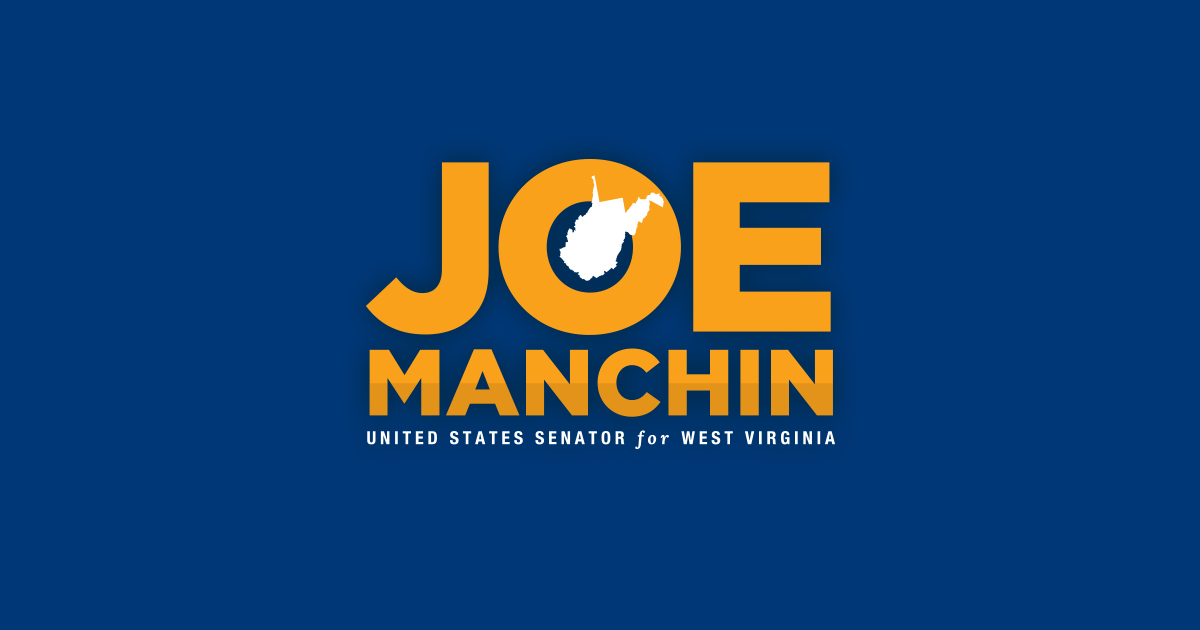Source: United States Senator for West Virginia Joe Manchin
Washington, DC – Senators Joe Manchin (D-WV), Chairman of the U.S. Senate Energy and Natural Resources Committee, and Jim Risch (R-ID), Ranking Member of the U.S. Senate Foreign Relations Committee, introduced the Civil Nuclear Export Act of 2023 (CNEA). The bipartisan legislation would enhance the ability of the United States to compete in existing and emerging nuclear markets that will help our partners and allies reduce dependence on Russian and Chinese civil nuclear technologies.
“For too long, the United States has sat by while China and Russia have worked to dominate the global nuclear energy market. The Civil Nuclear Export Act provides enhanced financing tools to enable U.S. civil nuclear companies to compete against Russian and Chinese state-sponsored entities. By enabling our partners and allies to turn to the U.S. for civil nuclear technology instead of Russia or China, we will be able to build a supply chain that reduces dependence on nations that don’t hold our shared values,” said Chairman Manchin.
“The United States possesses the world’s leading nuclear energy technologies as evidenced by our small modular reactors (SMRs). Promoting the export of SMRs and other innovative nuclear energy technologies is essential to America’s economic and national security,” said Ranking Member Risch. “If we allow Russia and China to dominate the nuclear energy field, it will be nearly impossible to undo. Our legislation will allow us to facilitate greater investments and exports in this vital energy sector.”
“The Civil Nuclear Export Act of 2023 is an important step to maintaining U.S. global leadership in commercial nuclear energy technologies. By enlisting the full capabilities of the U.S. Export-Import Bank for commercial nuclear energy exports, this legislation will help to level the playing field for innovative U.S. companies against state-owned Russian and Chinese competitors. Backed by the full support of the Bank, U.S. nuclear energy exports will enable our partners and allies to meet their climate goals and strengthen their energy security, while generating thousands of new jobs for American workers,” said Maria Korsnick, President and Chief Executive Officer of the Nuclear Energy Institute.
“We are in a global competition with China and Russia to build and export nuclear power plants. The winner will reap the economic, energy, and security benefits and set the international standards for nuclear safety and non-proliferation. Today, the US is barely able to compete because we are essentially asking American companies to fend for themselves against Chinese and Russian entities underwritten by their national governments. This is unacceptable. The Civil Nuclear Export Act would get the US back in this race by expanding authority and capacity at Export-Import Bank (EXIM) to support nuclear export projects, including allowing EXIM to better match terms and conditions on financing offered by our key competitors,” said Josh Freed, Senior Vice President, Third Way’s Climate and Energy Program.
The Civil Nuclear Export Act of 2023:
- Modifies (12 USC 635(I)) to specify the financing of civil nuclear facilities, materials, technologies, and related goods and services that support the development of the nuclear energy sector.
- Improves the ability of US civil nuclear companies to compete with Chinese and Russian state-owned and operated civil nuclear entities by providing competitive financing options.
- Enhances the ability to compete in emerging nuclear markets while also ensuring our partners and allies buy US civil nuclear technology instead of Russian and Chinese technologies.
To read the full text of the legislation, please click here.
